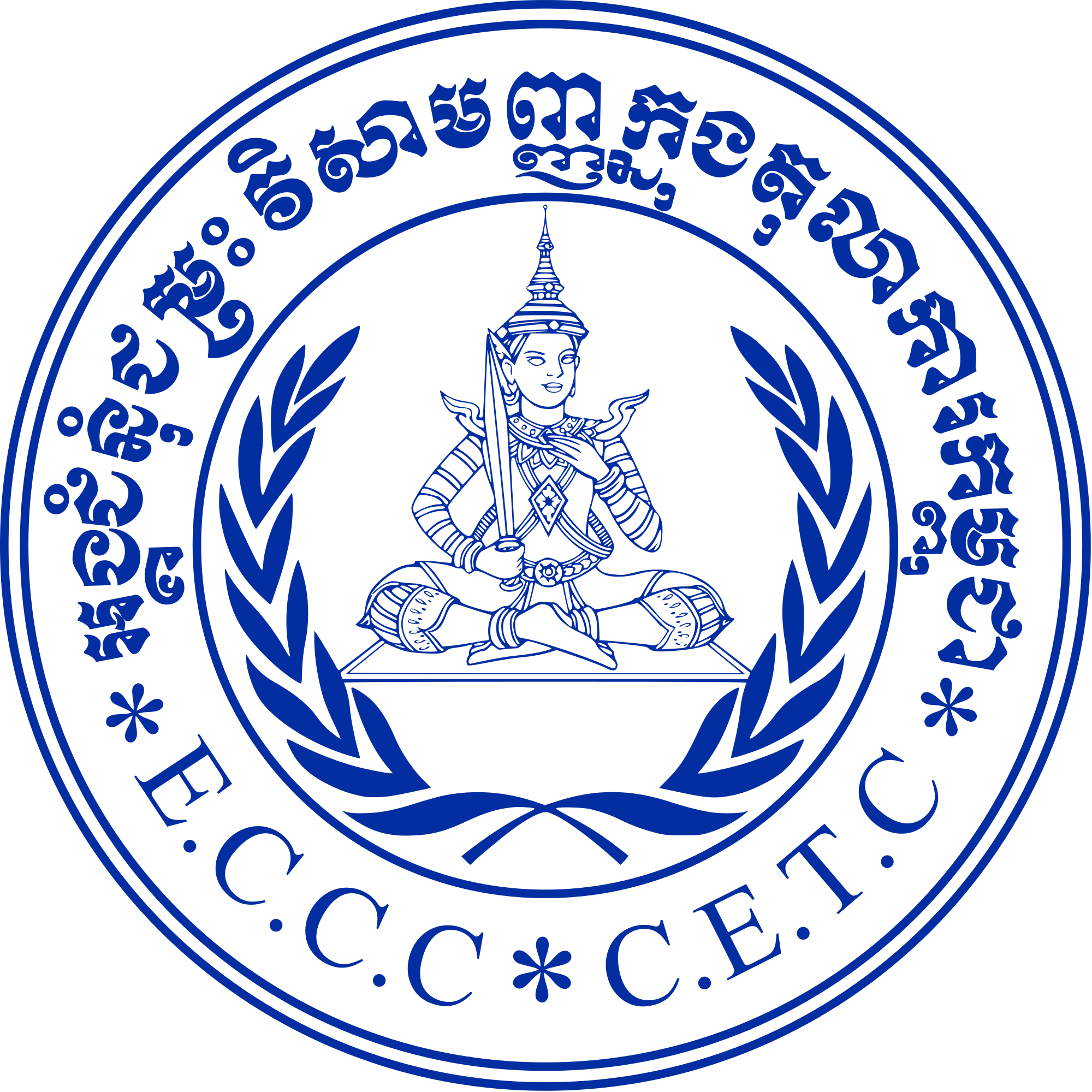The Chamber ruled that the Prosecution was unable to present the Tomašica evidence earlier, taking into account that the grave was discovered in September 2013, at a time when the OTP case-in-chief was ongoing, and also considering the time needed to analyse the grave and compile witness statements and expert reports.
The Judges also found that the fresh evidence was relevant to the case, and had probative value, noting especially the Prosecution submission “that the Material clarifies the organised and large-scale nature of killings in Prijedor, and the VRS’s [Army of Republika Srpska] role therein”.
The Chamber conceded that the re-opening will prolong the trial, but that the delay will not be undue. The Judges considered that the OTP’s motion was filed early in the Defence case, and the Defence will “have ample opportunity to present any evidence in response to the Material as part of its case”.
The Prosecution submitted a motion to the Trial Chamber requesting to reopen its case-in-chief on 26 August 2014. OTP asked to present previously unavailable evidence in relation to a recently discovered mass grave in Tomašica.
The Defence filed its response to the Prosecution’s motion on 9 September 2014. The Defence argued that reopening the case at this stage would prejudice the defence case and that an adjournment would be unavoidable while the defence is in the middle of presenting its case, among other reasons.




